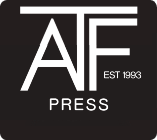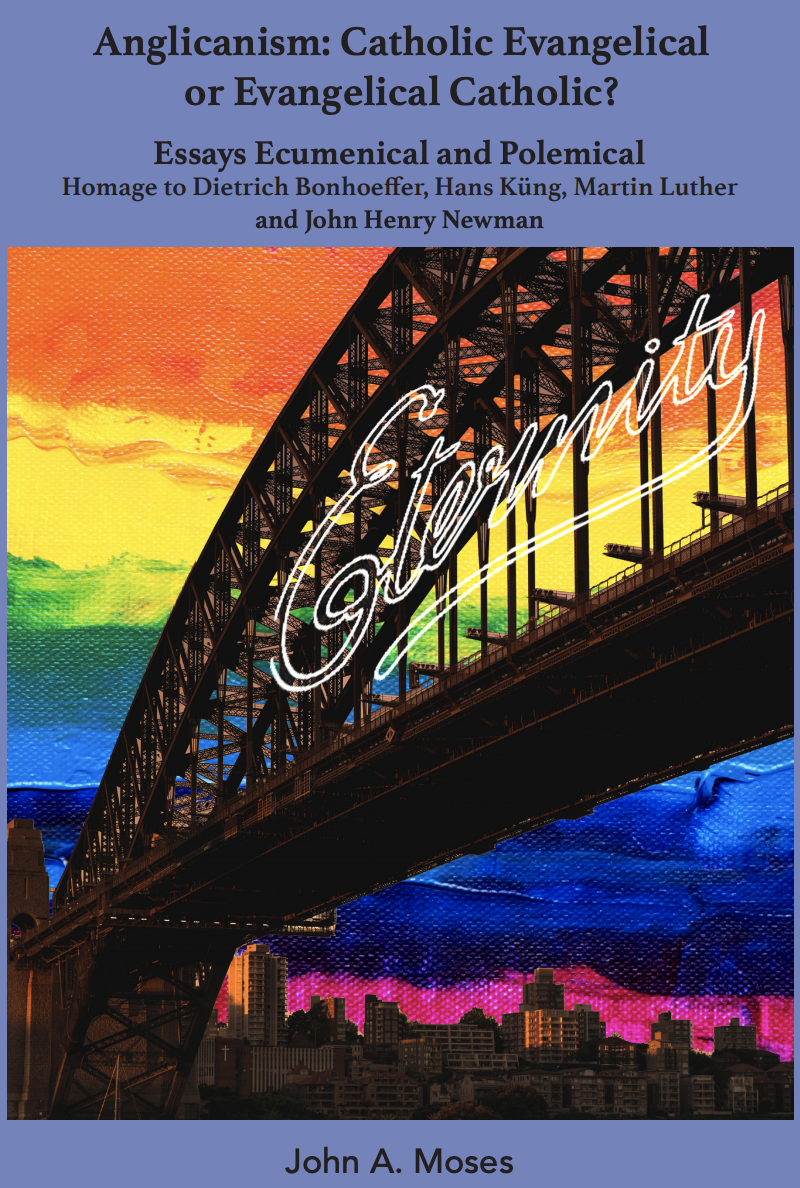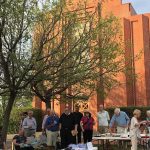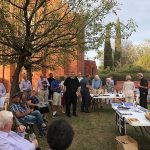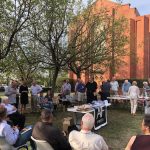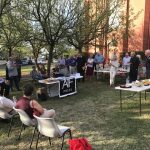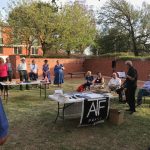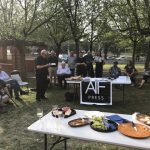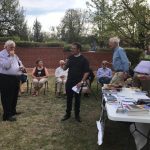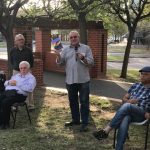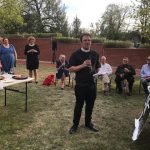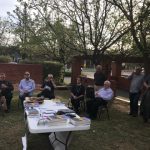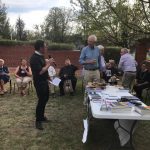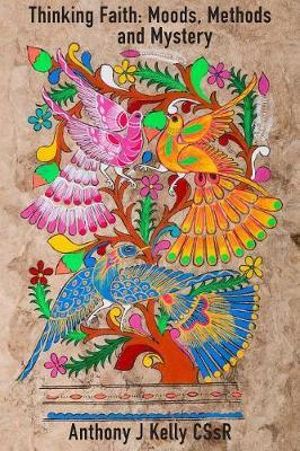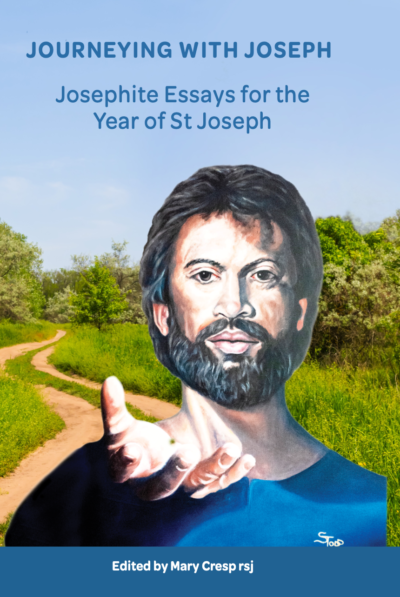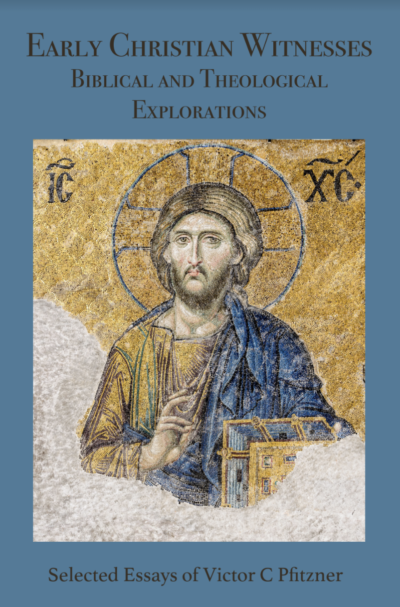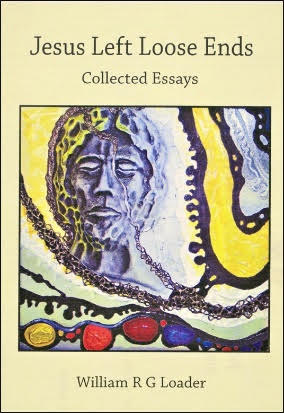Description
In this collection of essays John Moses combines the critical eye of a professional historian with the passion of a dismayed churchman in his analysis of the current malaise of the Anglican Church of Australia. His analysis is indebted to his study of totalitarianism in Nazi Germany and Soviet Russia, as he calls for a recovery of tolerance and a renewed commitment to intellectual engagement with our faith if Anglicanism is to have a future in this highly secular nation.
The Very Revd Dr Gregory C. Jenks, Dean of Grafton
This book addresses the internal conflict within the Anglican Communion concerning the nature of the Church, its origins, structures and purpose. Through a series of essays it focuses on the question of the relationship between the Church, “the eschatological community of salvation” (Hans Küng) and the Scriptures, namely the variety of ancient records which the said community assembled over the first three centuries of its existence and used as the source for its liturgy and moral and social teaching. In particular the present book takes issue with those elements within the Anglican Communion who assume that the various books of the Bible taken as a whole represent the inerrant word of God. It is argued that people who make this assumption live in a parallel universe from where they demand that there is only one way to understand Scripture, namely their way and that failure/refusal to submit to this demand results in exclusion from the community of salvation. Instead it is maintained here that being a Christian means “being there for others” (Dietrich Bonhoeffer). The emphasis of Christianity should be the unconditional inclusive acceptance of “all sorts and conditions of men” [and women] and to exhort them to establish, justice and peace within society and among the nations and to work for the preservation and care of the earth which is God’s Creation.
John Moses is the eldest of six siblings, born 10th June 1930 of the marriage between Anthony Moses and his wife Wilhelmina née Macfarlane, in Atherton, North Queensland. Both parents were Christians, his father being a descendant of Syrian Orthodox Christians who migrated to Australia in 1888 while his mother’s family of Scottish Episcopalians migrated from Glasgow in 1920. He was brought up as an Anglican in the parish of Atherton staffed then by the Anglican Bush Brotherhood of St Barnabas. He attended their secondary school of All Souls’ in Charters Towers and later, after completing an apprenticeship in radio engineering, furthered his education at St Francis Theological College, in Brisbane, the University of Queensland and finally completed his post graduate training in modern German history at the universities of Munich and Erlangen. From 1966 to 1984 John Moses taught at the University of Queensland in the Department of History and was ordained priest in 1974. He has published widely on German labour history, historiography, German colonialism in the Pacific, the German Church Struggle under both the Nazi and Communist regimes, Anzac Day commemoration and the culture of imperial German militarism.
Book Launch – Sunday 2nd March 2020
“In England, we have a curious institution called the Church of England. Its strength has always been in the fact that on any moral or political issue it can produce such a wide divergence of opinion that nobody — from the Pope to Mao Tse-tung — can say with any confidence that he is not an Anglican.” Auberon Waugh
One of the great ironies of twentieth century Christian history is that whereas inter-denominational sectarianism was considerably diminished by rapprochement and inroads gained by the rise of the ecumenical movement, a countervailing cleavage was emerging – the division between conservative and liberal or progressive and fundamentalist which often ran within denominations as well as across them. The central problem with which John’s collection of essays deals is both a legacy of this contemporary cleavage, albeit for Anglicans this is in many ways a pouring of old wine into new skins: the same old cleavages – evangelical/catholic, puritan/high church – continue. The danger of this division is a split personality – characterised by self-contradiction, inconsistency, and the distraction of internal conflict. Reckoning with this state of affairs in the context of contemporary Anglicanism is very much in John’s sights in this collection of essays. It is perhaps hardly surprising that, as the adherent of a Church he describes as ‘a theological debating society’, John has entered into polemical terrain. While a sort of myth of benign divergence of opinion and consensus has been the illusory resolution to the fragmentation and partisan theological positioning within Anglicanism, recent decades have exposed just how mythical this seems. Impasse, schism, distrust and a real lack of charity have marred the wider life of our Church – and this contagion has infected all levels of our polity, from Primatial and Communion interactions, to the diocesan and even parochial levels.
Exploring the contemporary symptoms of the chronic Anglican identity crisis as he has experienced them, John not only acknowledges the elephant in the nave but saddles it up for a figure of eight procession. With stations along the processional route at a few shrines, grottos and tombs including: How we handle the Scriptures; The role of intellectual insight, culture and tradition in the life of faith; contemplation of the pitfalls of intellectual laziness and dishonesty and the ways by which closed thought systems and non-thinking piety – what John dubs “cognitive dissonance in parallel universes” – actually undermine the essentials of Christianity – love, compassion, hospitality and care –; the need for a deeper appreciation of the Church’s history to understand its ecumenical potential; and the vocation to ecumenical rapprochement through via media Christianity which Anglicanism is neglecting. John is forthright, provocative and polemical in his expression of opinion in leading us on this procession.
Having served in a rural diocese where the Anglican consensus has worked – where people have not sought to dominate and undermine those from whom they differ in churchmanship or theological bent – I know this is possible. John is calling us to remember that and do something about it. This is also a call to middle-ground of Anglicanism to make its case. We hear in John’s polemical voice the call to theological insight, historical insight and efficacious demonstration of the vitality and relevance of the Anglican synthesis of Scripture, tradition and reason in a heavily secular society such as ours – and not to dissolve into what he describes as the ‘broad lazy middle’ of the church.
The Anglican Parish of Manuka
PO Box 3417 Manuka ACT 2603
